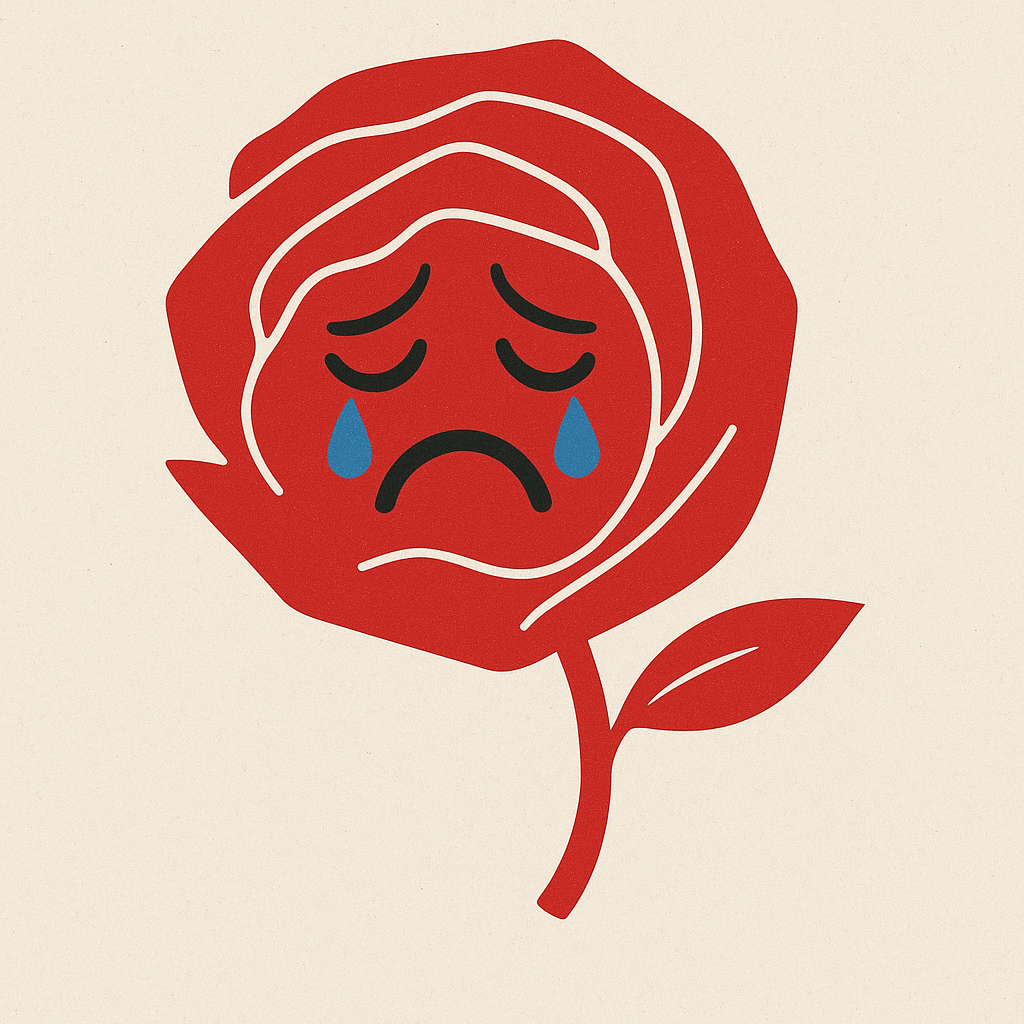Robbert, thank you for agreeing to have an ongoing chat with me about the daf. Learning daf yomi can be a bit of an exhausting experience. As Gideon (our maggid shiur – maybe we should invite him one day to blog!) would say: “lev chacham liymino, ulev kesil bismolo” (Kohelet 10:2) – a wise man looks to the right of the daf (the dapim that he has already done), a boorish man looks to the left (al the dapim that are still to come…). But it is, in the end a lot of fun. I always feel when I open the daf like stepping into a university club where the students are having dinner and are litterarily discussing everything. It is like being a fly on the wall. I am looking forward to discussing the things that draw your attention, because they touch on your daily life, because they are otherwise interesting or because they are straight out funny. Granted, Eruvin may not be the best place to start that, but what can we do – the daf is what it is and the great thing about daf yomi is that we don’t get to look away from the parts that interest less. Much like life, I guess.
Having said that – I thought that today’s daf touched on something that is very fit for the uncertain times in which we live, when the gemara discussed the subtle difference between not knowing if something happened (an eiruv is/is not OK when you don’t know if it became impure prior to shabbat) and having doubts about the quality of an object (the eiruv that may/may not be already impure). It made me think about the different kinds of uncertainty that face us. On the one side: what will happen (nobody knows), and on the other side: where are we now (which we may find out if we look hard). It feels good in a way to realize that the future is indeterminate, so that worrying about it is really pointless. We can only try to understand the here and now.
Do you take anything away from these dapim that you can put into practice? And if not: what is the point in putting in all this effort? I know that your perspective on religion is not necessarily the same as mine – I am also really interested to learn how that plays a role. Let me know!




Here we go!